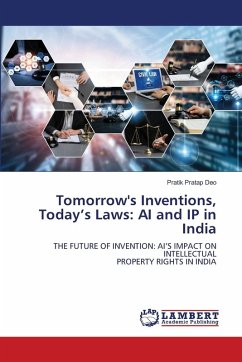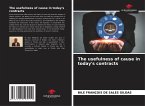Can a machine be an inventor? Should an algorithm be granted copyright? As artificial intelligence rapidly transforms how we create, innovate, and compete, the laws that protect human creativity are being pushed to their limits.In The Future of Invention, Pratik Pratap Deo explores the profound legal and ethical challenges AI poses to India's intellectual property regime. With clarity and precision, this book delves into complex questions of authorship, inventorship, and ownership in a world where machines can write symphonies, paint portraits, and discover new scientific breakthroughs.Combining detailed legal analysis with global case studies-from the United States to South Africa-this timely work exposes the gaps in India's current IP framework and offers a bold vision for reform. Whether you're a legal scholar, technology enthusiast, policymaker, or innovator, this book offers essential insights into the future of law, creativity, and AI.Are our laws ready for non-human creators? This book argues it's time they should be.
Bitte wählen Sie Ihr Anliegen aus.
Rechnungen
Retourenschein anfordern
Bestellstatus
Storno








